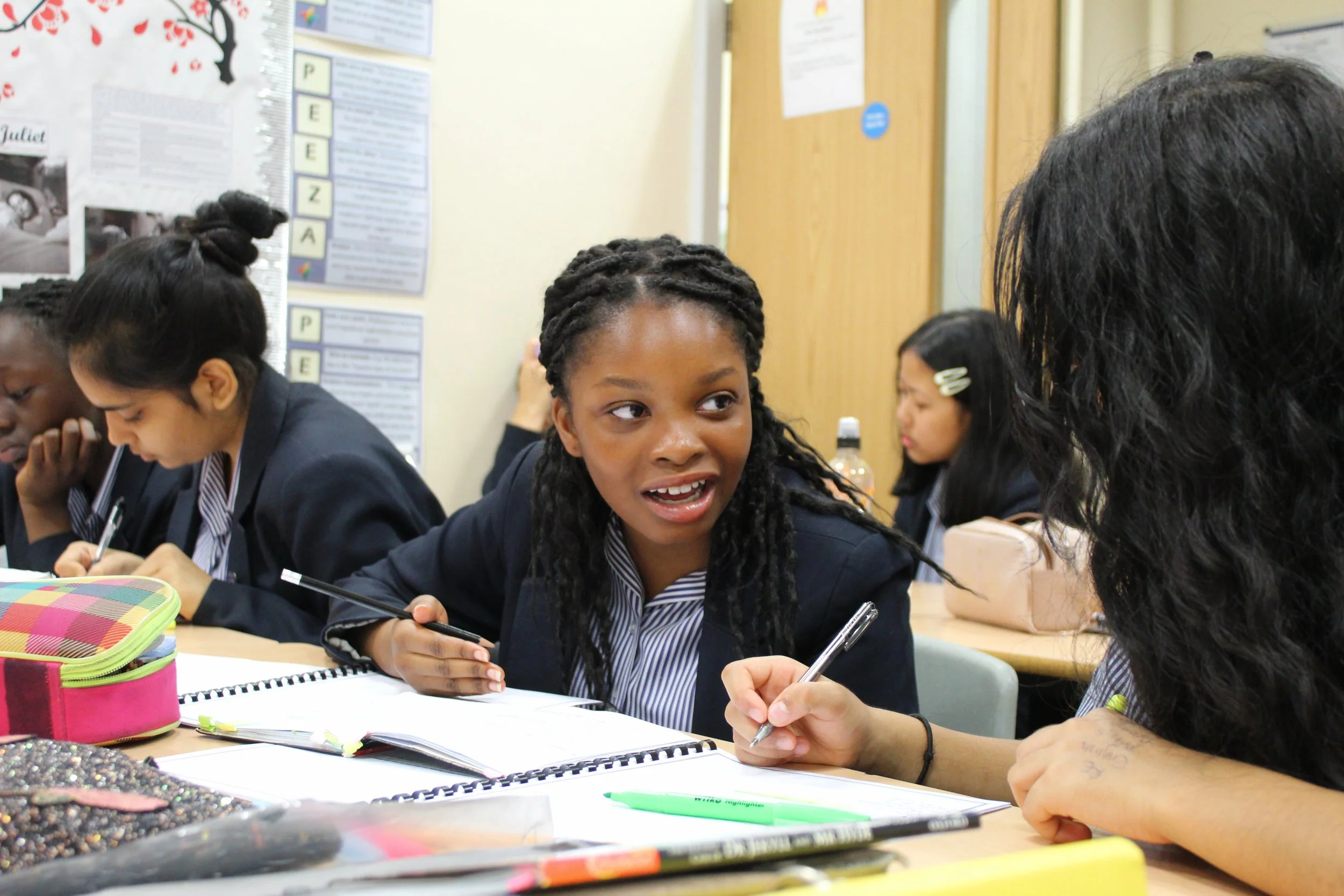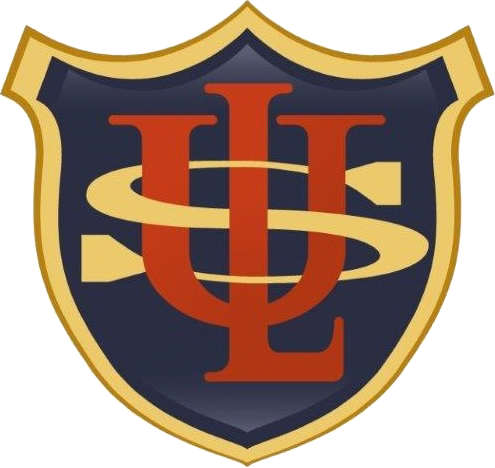
HISTORY
Overview Of The Subject
History fires students’ curiosity to ask questions and know more about Britain’s past and that of the wider world. Students are encouraged to develop a chronological framework of history that will enable them to make sense of the new knowledge they acquire. The Department builds on the topics covered at Key Stage 2 and develops skills that are needed when studying History. This will also allow them to understand the process of change, to see how we arrived ‘here’ and help them to make sense of the present. We want students to realise that history is constructed and contested. History’s unique concepts help pupils to build arguments and support them to become analytical individuals who can question human motivation and society with skill and confidence.
Aims Of The Curriculum/Curriculum Intent
The purpose of our KS3 curriculum is to give students a broad (mostly chronological) knowledge and understanding of the significant people, events and developments and their impact in Britain and the world from Roman Times to the 20th century. Within this, there will be aspects of depth study and aspects of thematic study. We aim to inspire a life-long love of History and want to develop passionate historians and independent learners who seek further knowledge, value hard work and education and want to ask questions, think critically about evidence and understand the impact and relevance of the past on the world and society today. We aim to help students develop their beliefs, moral compass and understanding of their own choices and responsibilities as members of a community and society.
Curriculum Content KS3
Our KS3 curriculum also aims to provide a good foundation and smooth transition for those who opt at GCSE with a focus on significance, explanation of causes, developments and consequences and main factors as well as the skills of understanding and explaining why biased contemporary sources are useful and how to evaluate and compare later interpretations for accuracy. We want our students to be able to communicate enthusiastically and knowledgeably about the past and aim to develop high levels of written and verbal communication, as well as the confidence to argue their points convincingly. We seek to foster enthusiasm for and engagement in the study of History that will enhance their lives in and beyond the classroom.
Year 7
At the start of Year 7 students follow an introductory course ‘What is History?’ This introduces students to key terms and skills needed for the study of History. This is followed by a unit that looks at the development of empire under the Romans. Our next unit of study explores the main aspects of life in the Medieval period. It provides the opportunity to study the challenges faced by Medieval kings. It also looks at the impact the church had on everyday life, the causes and consequences of the Black Death and Peasant’s Revolt and the events that brought the Medieval period to an end. We also compare life in African area of Mali with life in Medieval England.
Year 8
Students will acquire knowledge about the main personalities and events of the political, economic and religious changes that occurred in Britain between 1500 – 1750. Pupils will use a range of sources to explore this topic. They learn about the consequences of the Reformation in England, the growth of Parliament and the power of the Tudor monarchy. They will go on to study the events and main personalities of the English Civil War.
Later, students go on to study how Britain became the Workshop of the World and built a vast empire, where the sun never set. This unit also includes a focus on slavery and how people moved from slavery to equality.
Year 9
Students complete their studies at Key Stage 3 with a unit on the Twentieth Century. A wide range of activities are used to see how and why the last century became so significant. Women’s fight for the vote is a focus as well as the Great War (1914-1918). Our study on the Cold War completes our Key Stage 3 Programme of Study.
Assessment
Throughout key stage 3 students are regularly assessed in many ways in order to develop the skills they require for GCSE. We begin with a baseline test in Year 7, then go on to assess via presentations, extended writing pieces, independent research projects and examinations throughout the key stage. Within these assessments we include key concepts and objectives to prepare them for the transition to GCSE in future years.
History GCSE
Aims Of The Curriculum/Curriculum Intent
Our GCSE qualification is designed to engage students with a broad and diverse study of the history of Britain and the wider world, and give them skills that will support progress to the further study of history.
The qualification is made up of four elements which are assessed through three exam papers. In the Thematic Study we look at Crime and Punishment since c1000. This includes a study of the historic environment, raising awareness of the part this plays in our lives. Our chosen ‘period’ study, on the Cold War, allows students to see how the world we live in was shaped. The British Depth Study on the reign of Elizabeth I, helps students see how a Golden Age in our history developed. Finally, our non-British Study on Germany develops students techniques when dealing with interpretations in History.
Specification
For GCSE History students follow the Pearson specification. This course aligns with all that has been studied at Key Stage 3, and the fundament skills required have been developed in students over the previous three years.
Curriculum Content KS4
At GCHS we follow the Pearson syllabus, choosing the following units:
Paper 1:
Crime and Punishment Through Time c.1000 to the Present Day
A Thematic Study
Paper Length 1hour 15mins worth 52 marks (30% of the qualification)
Paper 2:
The Era of the Cold War 1941 – 1991 & Early Elizabethan England 1558 – 1888
Period Study and British Depth Study. Students taking the GCSE examination in 2021 will not study the Cold War
Paper Length 1hour 45minutes worth 64 marks (40% of the qualification)
Paper 3:
Germany 1918 – 1939
Modern Depth Study
Paper Length 1hour 20 minutes worth 52 marks (30% of the qualifications)
In Year 10 students cover the thematic study, Crime and Punishment Through Time. This covers 1000 years, beginning in Saxon times and tracing the topic up to the present. Students will then look at Early Elizabethan England, studying the first 30 years of Elizabeth I’s reign.
Year 11 will begin the year looking at Germany between the World Wars. We focus on the Weimar Republic and the reasons for Hitler’s rise to power in 1933 and his policies and regime up to 1939. The final topic in Year 11 will be International Relations after World War II, focusing on the Cold War between the Superpowers.
Our studies at GCSE also help build a pathway onto Key Stage 5 and beyond if students wish to progress with their study of History by providing students with the foundations of what they may go on to study in the future. History is highly regarded when choosing sixth form or university places. It can lead to the study of History as well as related subjects like Archaeology and Anthropology. It is also a very valued subject if studying Law at any level.
